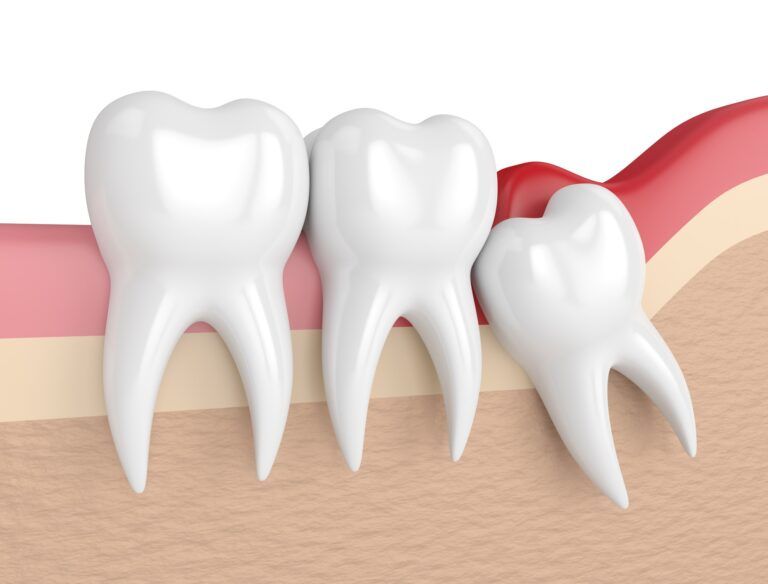Wisdom Teeth Explained: Myths, Facts, and FAQs

Wisdom teeth are one of life’s great dental mysteries. Also known as third molars, these late bloomers often emerge between the ages of 17 and 25, marking the final chapter of your dental development. While some people’s wisdom teeth cause no issues, others experience discomfort, crowding, or even infections. So, what’s the deal with wisdom teeth? Let’s break it down.
Why Do We Have Wisdom Teeth?
Wisdom teeth are believed to be a remnant of our evolutionary past. Early humans had larger jaws and a diet that required more chewing power. Wisdom teeth were an essential part of this process. Today, however, our diets are softer, and our jaws have become smaller, leaving less room for these molars to fit comfortably.
Do All Wisdom Teeth Need to Be Removed?
Not necessarily! If your wisdom teeth are healthy, fully erupted, and aligned with your other teeth, there’s no reason to remove them. However, issues arise when wisdom teeth become impacted, meaning they’re unable to fully emerge or are misaligned. This can lead to pain, swelling, and potential damage to neighboring teeth.
Our dental team will monitor the position and health of your wisdom teeth through X-rays and exams. If they’re causing problems or are likely to in the future, extraction may be the best course of action.
What Happens During Wisdom Tooth Removal?
The thought of extraction can be intimidating, but modern techniques make the procedure straightforward and relatively painless. Wisdom tooth removal is typically done under local anesthesia, sedation, or general anesthesia, depending on the complexity. During the procedure, our oral surgeon will carefully remove the tooth and provide you with aftercare instructions to ensure a smooth recovery.
How Can You Prepare for Wisdom Tooth Extraction?
Preparation is key to a successful experience. Before your appointment, stock up on soft foods like soups, yogurt, and smoothies. Follow our pre-surgery instructions and make arrangements for a ride home if you’ll be sedated. After the procedure, rest, stay hydrated, and avoid using straws, as they can dislodge the blood clot protecting the wound.
Don’t Ignore Wisdom Tooth Warning Signs
If you’re experiencing persistent pain, swelling, or difficulty opening your mouth, it’s time to consult our dental team. Ignoring wisdom tooth issues can lead to more significant problems, including infections and damage to surrounding teeth.
Ready to Address Your Wisdom Teeth?
At Queen Street Dental in Tottenham, we’re here to guide you every step of the way. Whether you need an evaluation or are ready for an extraction, our dental team is here to help. Contact us today, by calling us at (905) 936-4663, to schedule your consultation and take the first step toward a healthier, pain-free smile!
